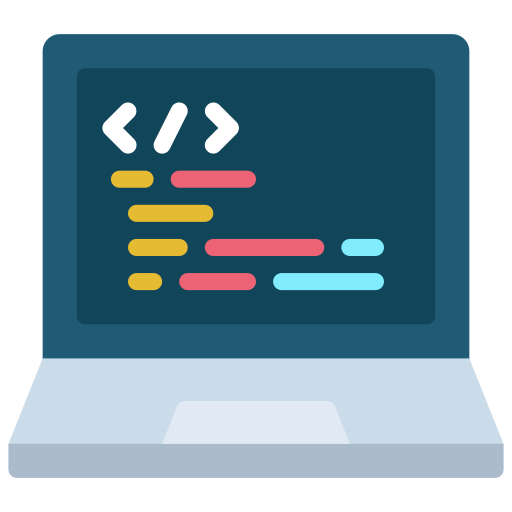Our universe is built out of mathematics. Humans have been learning, discovering, and using mathematics for thousands of years because it’s the only thing that can accurately describe what happens around us. The laws of physics are written in mathematics, and they cannot be broken.
One year ago today the Snowden revelations began. Since then there has been a flood of calls for reform. A federal judge called the NSA “almost Orwellian”. Congress and President Obama have admitted that bulk surveillance of Americans is wrong and should end. But so far we haven’t seen real reform in the US, and we might never see it. Even if the US does pass meaningful surveillance reforms the problem won’t be solved. There are billions of people all over the world that rely on the Internet, and their privacy will continue to get violated by governments around the world.
On the eve of the Reset the Net day of action, Edward Snowden wrote:
Today, we can begin the work of effectively shutting down the collection of our online communications, even if the US Congress fails to do the same. That’s why I’m asking you to join me on June 5th for Reset the Net, when people and companies all over the world will come together to implement the technological solutions that can put an end to the mass surveillance programs of any government. This is the beginning of a moment where we the people begin to protect our universal human rights with the laws of nature rather than the laws of nations.
Like the laws of physics, encryption is also written in mathematics. All information can be expressed in bits: a series of ones and zeros. Through decades of pain-staking research brilliant cryptographers have figured out how to take a random number (called a key) and a collection of organized bits (such as an email, or a video, or a PowerPoint slideshow) and scramble them, using mathematics, to end up with another set of bits that’s indistinguishable from random.
(Bits that make up encrypted data have no pattern at all. If you point an antenna into space to collect radiation left over from the Big Bang and store that in the form of bits, you won’t be able to tell the difference between that and encrypted data.)
If you have this indistinguishable-from-random set of bits, and you also have the original key, you can use another series of mathematical operations to get back to the original plaintext — the email, video, or PowerPoint document.
As long as the key remains a secret, and as long as the math that scrambles the bits is sound, then encryption works. Let me phrase that another way: as long as the key itself isn’t stolen or surveilled, and as long as the math works like it’s supposed to and doesn’t have any flaws, then encryption is impossible to break*. As impossible as it is for a photon to escape the event horizon of a black hole. As impossible as it is to travel faster than the speed of light.
It’s mind-blowing that encryption is even possible, but thanks to computers it’s easy, and thanks to the free and open source software movement it costs nothing, is built-in to all major operating systems and web browsers, and is available for all humanity to use.
In the introduction to Cypherpunks: Freedom and the Future of the Internet, Julian Assange wrote:
We discovered something. Our one hope against total domination. A hope that with courage, insight and solidarity we could use to resist. A strange property of the physical universe that we live in.
The universe believes in encryption.
It is easier to encrypt information than it is to decrypt it.
The fact that encryption is possible is one of the marvels of our universe and of mathematics, the language that our universe is written in.
We’re living at a technological crossroads. The Internet could still yet wind up being the greatest tool for human liberation or the greatest tool for ubiquitous surveillance and oppression that civilization has ever seen. But if we’re clever enough we can win. The laws of physics are on our side, if only we accept their help.
* The adversary can try to guess the key, which is just a random number, but there are quite a few numbers to choose from in the set of all possible keys. The trick is making the set of possible keys big enough that, even devoting all of the computational resources on Earth towards guessing the key, our sun will go supernova before it’s found. With modern crypto, key-guessing is unfeasible.
Finding flaws in the math might be possible. Whenever flaws are found and published, they get fixed (this is why you see so many WPA wifi networks but barely any WEP networks, because WEP flaws have been published about and fixed). Spy agencies might be holding onto secret flaws in crypto that aren’t publicly known, but for the most part they wouldn’t even have to use them since most people and servers are either using known-weak crypto or not using crypto at all. (This is why we need to Reset the Net.) If we want to restore privacy to humanity, we want to force our adversaries to use up their secret flaws.
